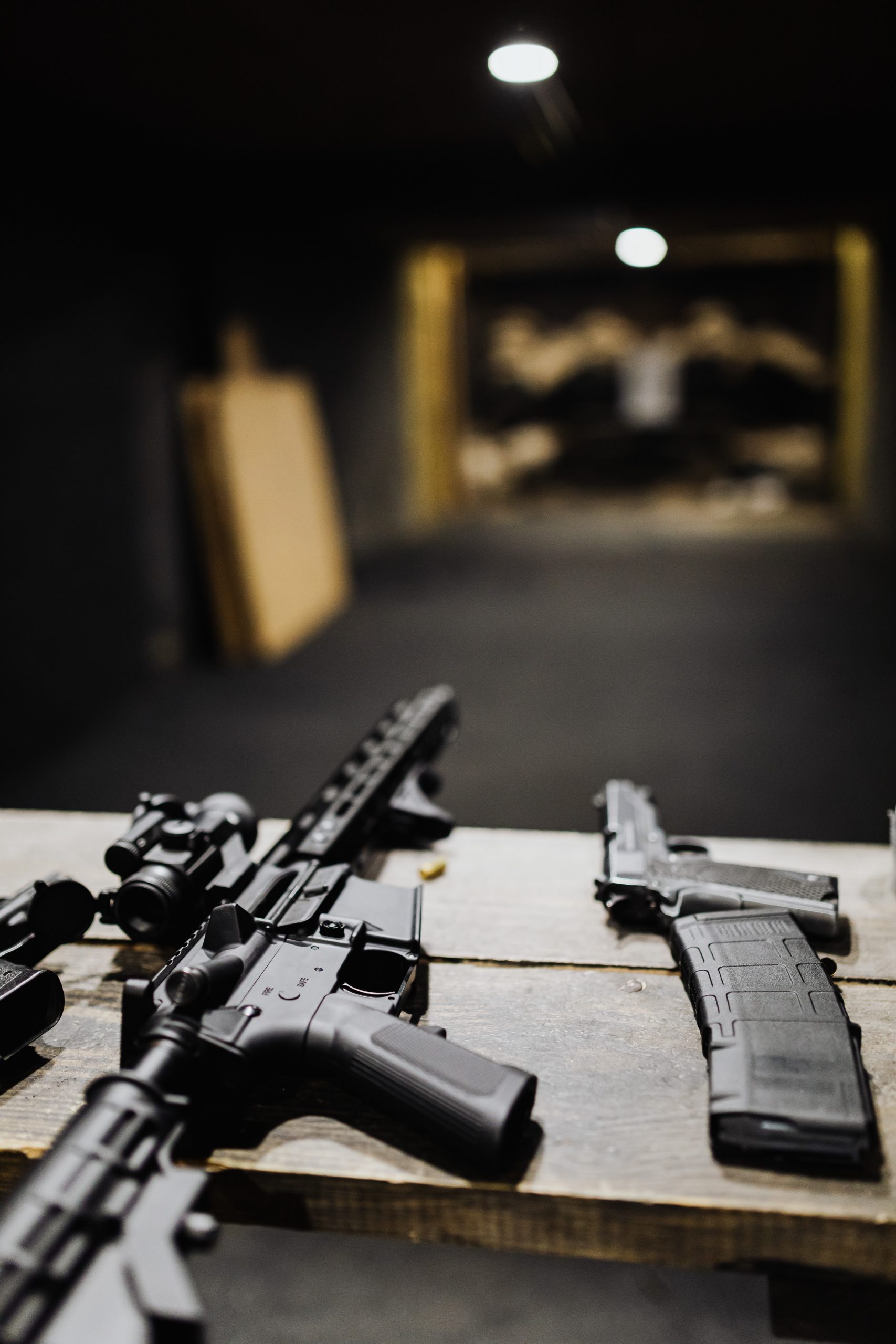BIS’s Interim Final Rule institutes the following changes for the export of firearms:
- More stringent review standards: BIS will increase scrutiny on a transaction-by-transaction level to help prevent firearms from ending up in the hands of foreign criminals, gangs, terrorists, or other malign actors. BIS is implementing regulations that list a clear set of national security and foreign policy factors to consider when reviewing a license application, including terrorism risks, human rights concerns, state fragility, corruption, the nature and capabilities of the firearm, and past instances of diversion and misuse.
- Presumption of denial for commercial transactions in countries the State Department has identified as high-risk: BIS will apply a “presumption of denial” standard to applications involving nongovernmental recipients located in a destination where the State Department has determined there is substantial risk that firearm exports will be diverted or misused in a manner contrary to national security and foreign policy. The State Department’s methodology and country list are included in its Firearms Guidance Memorandum. This is in addition to BIS’s policy of denial for countries subject to U.S. arms embargoes and for applications linked to drug trafficking, terrorism, and organized crime.
High Risk Countries Include:
Bahamas, Bangladesh, Belize, Bolivia, Burkina Faso, Burundi, Chad,
Colombia, Dominican Republic, Ecuador, El Salvador, Guatemala, Guyana,
Honduras, Indonesia, Jamaica, Kazakhstan, Kyrgyzstan, Laos, Malaysia, Mali,
Mozambique, Nepal, Niger, Nigeria, Pakistan, Panama, Papua New Guinea,
Paraguay, Peru, Suriname, Tajikistan, Trinidad and Tobago, Uganda,
Vietnam, and Yemen.
- Data collection and transparency: BIS will improve data collection on firearms exports by adopting new export control classification numbers (ECCNs) to track what kinds of firearms U.S. manufacturers are exporting abroad. These include new ECCNs for semi-automatic firearms and related items.
New ECCNs:
ECCN 0A506 controls semi-automatic rifles, ECCN 0A507 controls semi-automatic pistols, ECCN 0A508 controls semi-automatic shotguns, and ECCN 0A509 controls certain ‘‘parts,’’
‘‘components,’’ devices, ‘‘accessories,’’and ‘‘attachments’’ for items controlled under ECCNs 0A506, 0A507, and 0A508
- Additional documentation for license applicants: BIS is implementing regulatory changes to licensing procedures that will help validate that firearms are only exported to trustworthy foreign entities. BIS is reducing the general license validity period from 4 years to 1 year, which will ensure that BIS is able to adapt to an ever-changing global security environment. Furthermore, for countries with less-developed export control regimes, BIS will require the submission of additional documents from licensees before approving a license, including a purchase order and import certification.
In addition to the new rule, on July 1, 2024, BIS will revoke currently valid licenses that authorize exports of firearms to non-government end users in the destinations identified by the State Department. This change will align future exports to the new IFR. Those licenses have not been reviewed under the updated policy, but license holders are welcome to reapply so that their applications can be reviewed under BIS’s new standard.
The IFR is effective on May 30, 2024, and the Department will accept public comments on the rule until July 1.
This Blog is made available by Wilmarth & Associates for educational purposes as well as to give you general information and a general understanding of export law and compliance, not to provide specific legal advice. This blog is not legal advice and should not be treated as such. You must not rely on this blog as an alternative to legal advice from your attorney or other professional legal services provider. The information provided on this website is presented “as is” without any representations or warranties, express or implied.





